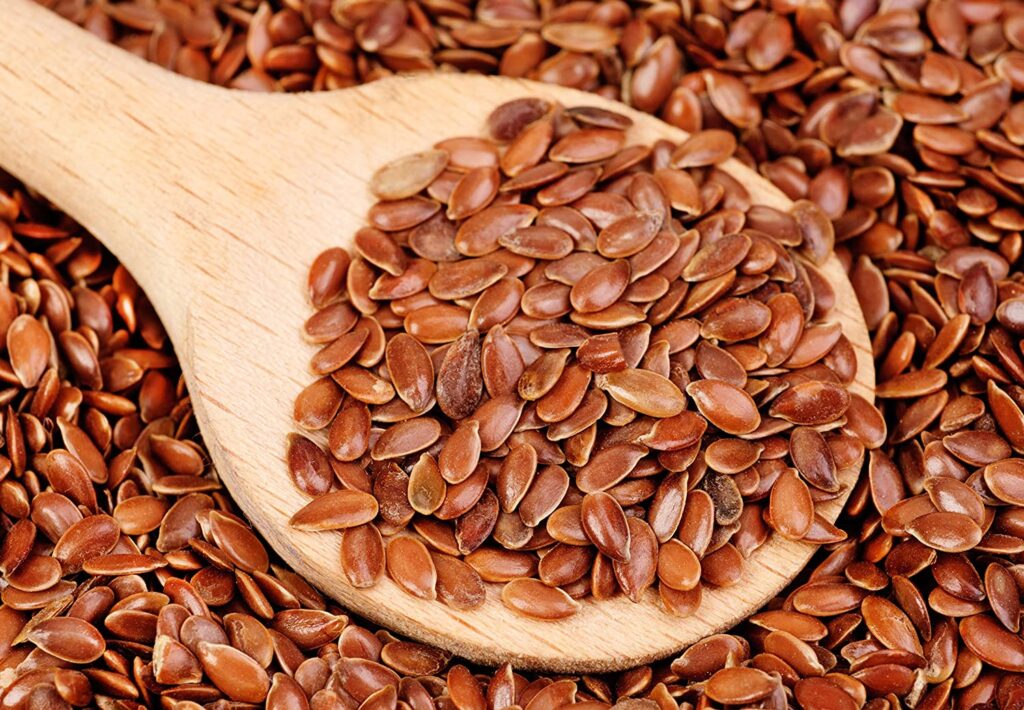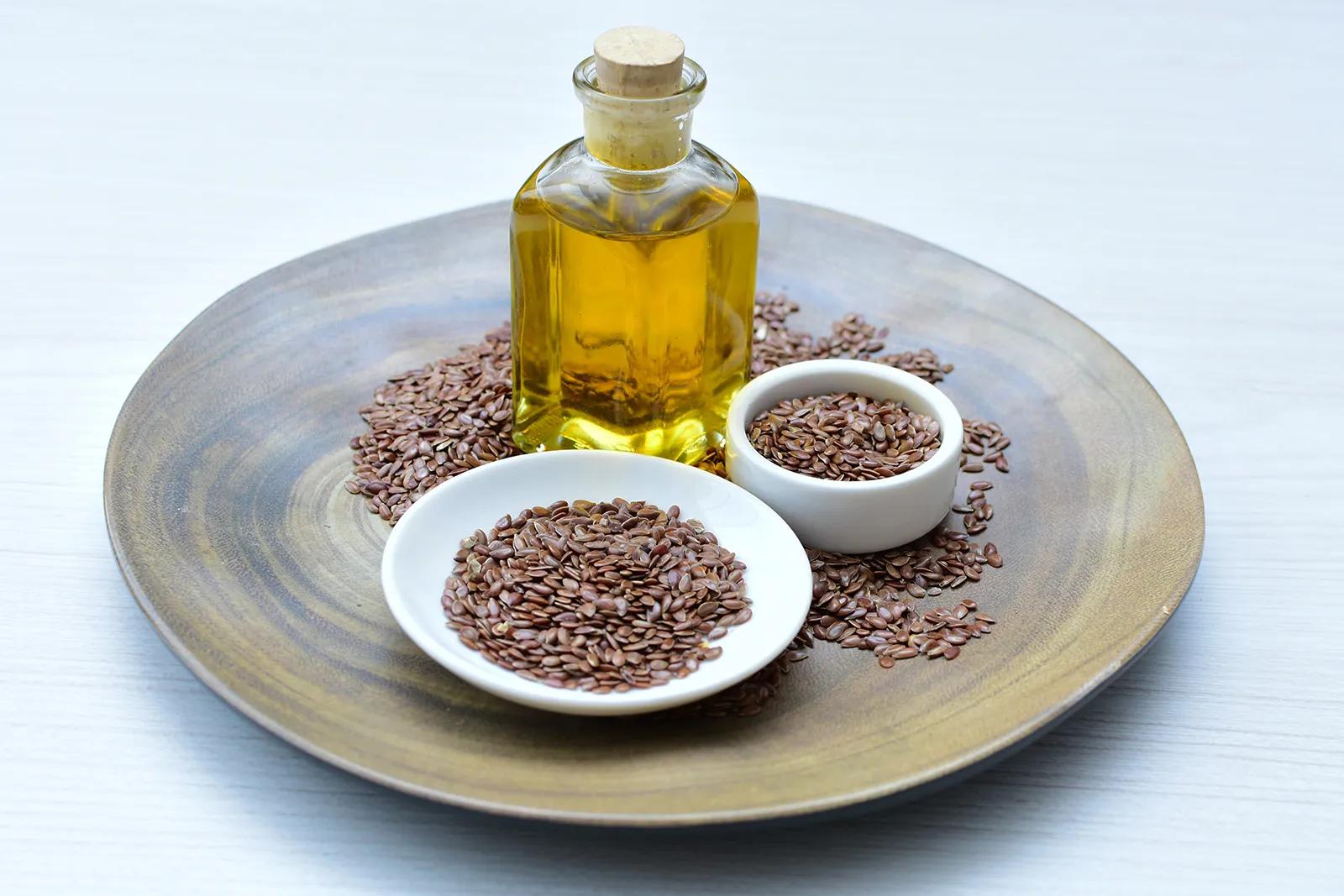Linseed
Linseed
What is linseed?
Linseed (also known as flax seed ) is a member of the genus Linum in the family Linaceae. It is a food and fibre crop that is grown in cooler regions of the world. Grown since the beginning of civilization, flax seeds are one of the oldest crops.
Flax fibres are taken from the stem of the plant and are two to three times as strong as those of cotton. Flax fibers are used to make linen. Linseed or Flax was extensively cultivated in ancient Ethiopia and ancient Egypt.
Flax is grown for its use as an edible oil, as a nutritional supplement, and as an ingredient in many wood finishing products.
Flax seeds come in two basic varieties: (1) brown; and (2) yellow or golden. Most types have similar nutritional characteristics and equal numbers of short-chain omega-3 Fatty Acids. Although brown flax can be consumed as readily as yellow, and has been for thousands of years, it is better known as an ingredient in paints, fiber and cattle feed. Flax seeds produce a vegetable oil known as flaxseed or linseed oil, which is one of the oldest commercial oils, and solvent-processed flax seed oil has been used for centuries as a drying oil in painting and varnishing.


Health Benefit Of Linseed
High in Omega-3 fats
If you are a vegetarian or don’t eat fish, flax seeds can be your best source of omega-3 fats. They are a rich source of alpha-linolenic acid (ALA), a mostly plant-based omega-3 fatty acid. Plant-based ALA fatty acids are proven to have heart health benefits and are linked to a lower risk of stroke.
May Reduce Cancer Risk
Linseeds are rich source of lignans which may reduce the risk of cancer. Lignans are plant compounds that have antioxidant and estrogen properties, both of which can help lower the risk of cancer and improve health. Interestingly, flax seeds contain up to 800 times more lignans than other plant foods.
Flax seeds are rich in dietary fiber
Just one tablespoon of flax seeds contains 3 grams of fiber, which is 8–12% of the daily recommended intake for men and women, respectively. What’s more, flax seeds contain two types of dietary fiber — soluble (20–40%) and insoluble (60–80%).This fiber duo gets fermented by the bacteria in the large bowel, bulks up stools and results in more regular bowel movements which can improve your digestive health.
May improve Cholesterol level
Another health benefit of flax seeds is their ability to lower cholesterol levels. The high fiber content of flax seeds can help lower cholesterol and may play an important role in improving heart health.
Flax Seeds May Lower Blood Pressure
Flax seeds have been proven to lower blood pressure and are especially helpful for those with high blood pressure.
They Contain High-Quality Protein
Flax seeds are a good source of plant-based protein and can be an alternative protein source for people who do not eat meat.
Flax Seeds May Help Control Blood Sugar
Flax seeds may lower blood sugar due to their insoluble fiber content. They can be a beneficial addition to the diet of people with diabetes.